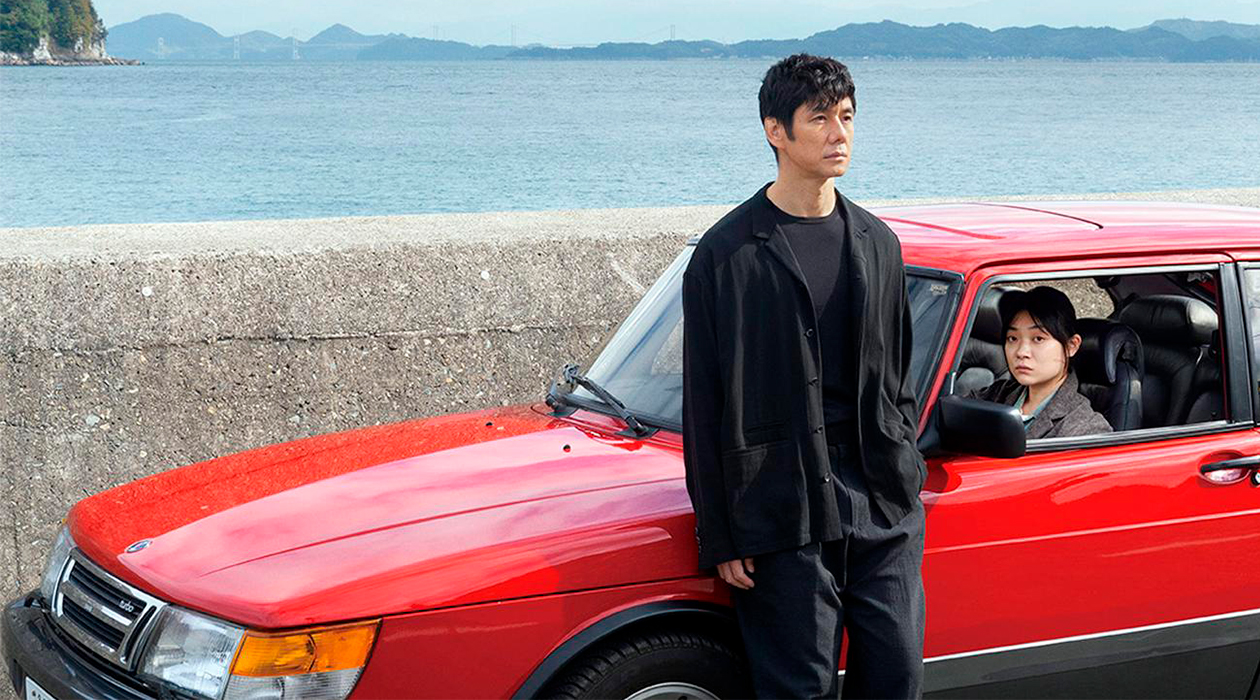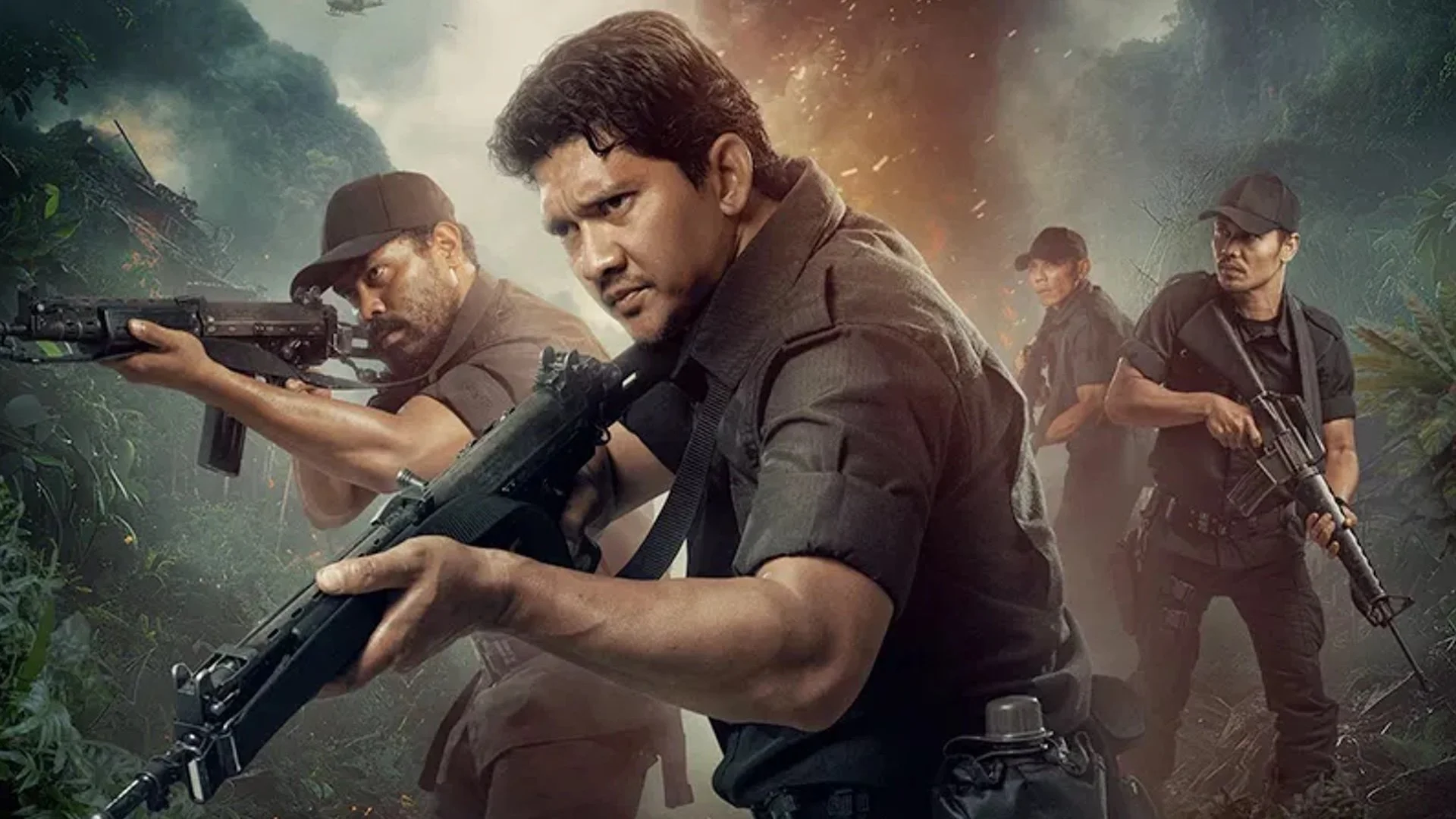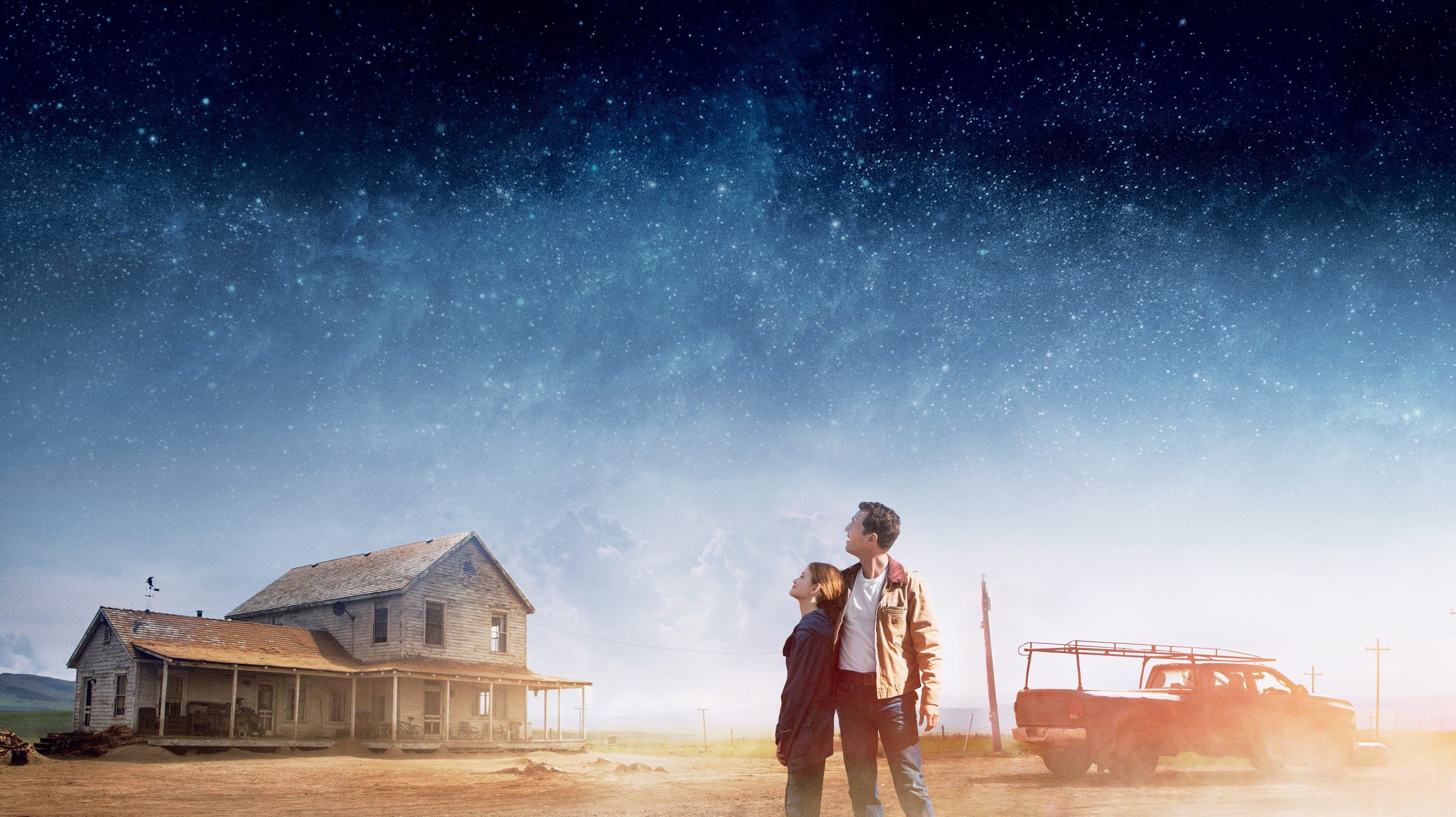Drive My Car, which Paul McCartney calls a euphemism for sex, was released in 1994, Haruki Murakami’s “Get behind the wheel of my car” story 20 years later, in 2014 and directed at the Cannes Film Festival last year. New Japanese wave Ryusuke Hamaguchi presented a drama of the same name that combined both predecessors. The critics were delighted with it, and although this was not enough for the Palme d’Or, the tape was awarded the award for best screenplay. However, the film also had a chance to compete for the title of best picture: after being accepted in the “Best Foreign Language Film” category at the Golden Globes and BAFTAs, the Academy recorded “Drive My Car” in four Oscar nominations, but only received one award as a result. (“Best Foreign Film”).
Following the Oscar love for Asian cinema in the last few years (last year, Korean Parasite, formerly the Chinese film Chloe Zhao’s Nomad Land), it earned a “Best” nomination for “Drive My Car.” The movie” could and could turn into a real prize, but this time such an outcome of events initially seemed unlikely.
If Ryusuke Hamaguchi’s predecessors talked to the audience on acute social issues, from class inequality to the life of American nomads, then the film is based on a concise story about everything and nothing – this is the story of a theater director. It stages Anton Chekhov’s play “Uncle Vanya” in Hiroshima, the multilingual ensemble and personal problems. Unlike the same “Parasite”, this movie is unlikely to fit the general public: Ryusuke Hamaguchi is in no hurry, and for example, a third of the three-hour movie is occupied by the prologue, so that only by the 50th minute the movie opens with the credits. He literally makes a movie about how the performance is staged, so in “Drive My Car” a lot of attention is paid to the staging process: casting, script readings, long rehearsals for the main character, which are not complete without surprises. The main character, Yusuke Kafuku, literally knows the ins and outs of “Uncle Vanya” – his wife (Oto Kafuku) recorded lines on a dictaphone and always without fail reads her own part and often listens to the text (by the way), often single hits at once, reflecting the experiences of the characters) repeatedly in Saab. His measured life consists of his beloved red car, theater and family, until the sudden death of his wife changes everything.

Overall, Yusuke Kafuku seems pretty indifferent to life’s turmoil for a test: he stays calm when he finds his wife with someone else, doesn’t betray feelings at his funeral, and for the entire movie, it seems, only twice when discussing the past with your chauffeur when he sees Oto’s girlfriend in the casting and in the finale. gets angry. The latter – more precisely the latter – plays an important role in the development of the plot, although it appears only in the middle of the story and is mostly silent. Misaki Watari always wears a hat, has been driving since the tenth grade, and has done her job unconditionally, but behind her silence is a difficult story, as it will later be revealed, that may make the protagonist’s experience likely. However, in practice it turns out that his problems are in harmony with each other – these are stories about losses, time lost, the severity of the loss. He scolds himself for keeping quiet about the evidence of his wife’s infidelity, and he thinks every day he could return home sooner and (possibly) save her from death, and blames himself for his mother’s death, after which money and one skill, other than driving, drove away from home. These wounds don’t heal over time, so even after meeting Oto’s ex at a bar, Yusuke gets caught up in his wife’s memory and sees his dead daughter in his chauffeur, and Misaki can’t start life from scratch. In theatrical language, they played the perfect duet in their tragic productions.

“Get behind the wheel of my car” is not limited to the story of car dramas, and in parallel other stories develop on the screen: the characters of Chekhov, speaking Japanese, a little Korean, a little English, a little sign language, personal pain even without words, overgrown with details, always unpleasant and The image of Auto Kafuku.

Ryusuke Hamaguchi has made a film that is thin, visually authenticated, and universal in many ways – with all its multi-layered narrative, it seems like sooner or later something will answer “Drive My Car.” Even the slow pace of the plot’s development is compensated by all the new twists and turns, it comes down to an endpoint, yet it gives hope that the wounds of the past will be healed, the inner space filled and it will be there. applause in the theater and a life like never before. As Sonya from Chekhov says at the end of both the film and the performance: “What to do, you have to live! Let’s live long long days, long evenings; Let us patiently endure the tests that fate will send us; now also in old age we will work for others without knowing peace, and when our hour comes we will die humbly and there behind the grave we will say that we are suffering, crying, suffering, and God have mercy on us and you and I, uncle, dear uncle, will see a bright, beautiful, graceful life, we will rejoice and look at our current misfortunes with tenderness, with a smile – and rest. I believe uncle, I believe passionately, passionately … We will rest!
Source: People Talk





